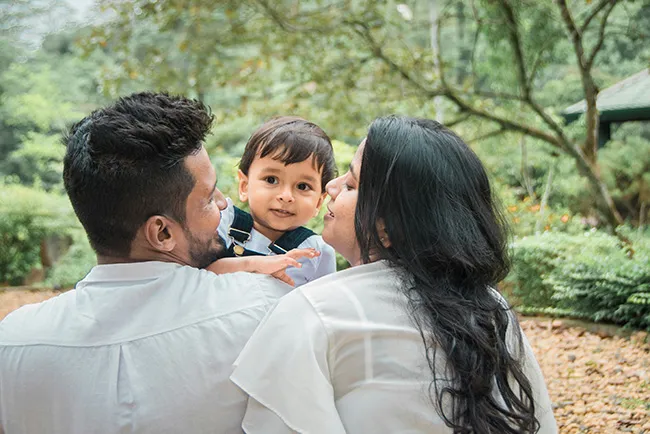
A bucket list is a compiled list of ideas, experiences, and achievements a person wants to do before ‘kicking the bucket’ (dying). So how do bucket list differences single vs married manifest? Here are three categories where we notice similarities and three where we see distinctions. How they list are the same: Now, here is how they differ:







